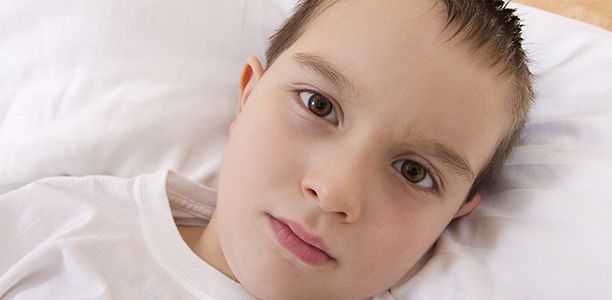Research to improve the wellbeing of children and adolescents with intellectual disabilities or autism, and their families, has been presented at the MIND-IT Research Group conference in Melbourne.
The research team, supported by the Monash Warwick Alliance, aims to identify the challenges faced by families along with the positive experiences involved with raising a child with a disability and to successfully translate research findings into on-the-ground treatment, support and services.
The MIND-IT team including Associate Professor Kylie Gray and Dr Glenn Melvin of Monash University, and Professor Richard Hastings and Dr Vaso Totsika of the University of Warwick highlighted a clear need for better identification of mental health problems and access to improved treatments and services.
“Many families are coping well, but some are not. Research findings show that when families struggle to cope this is mainly due to issues associated with a child’s disability rather than the nature or severity of the disability itself. Such associated difficulties include access to diagnosis and treatment if the child has additional behavioural and emotional issues and a lack of support for parents. So the good news is many of the issues causing high levels of stress in families can be addressed by better support,” Professor Hastings said.
Associate Professor Gray said there are serious consequences caused by a lack of specialised mental health services.
“Families struggle to get access to mental health services and are often left to manage by themselves,” she said.
Pre-eminent developmental psychiatrist, Emeritus Professor Bruce Tonge, who is also part of the MIND-IT team said the mental health of children and adolescents with intellectual disabilities is a substantial issue for health and education services.
“Children and adolescents with intellectual disabilities are three to four times more likely to have diagnosable mental health problems compared to others their age, which represents approximately 50,000 children in Australia and 85,000 children in England. Typically mental health issues start at an early age and persist into adolescence and adulthood,” he said.
Despite the high prevalence of mental health issues, there are few assessment tools to help clinicians identify young people who may be suffering from a mental illness and a general lack of specialist services available, an issue Associate Professor Gray says the MIND-IT Research Group aims to address.
“One of the primary aims of the MIND-IT Research Group is to start developing treatments, evaluate them and get them out into the community,” she said.
The MIND-IT conference, held in November, brought together individuals from key organisations and services that support children and young people with intellectual and developmental disabilities and their families. Participants were given the opportunity to share their experiences and ideas to guide the direction of future research.
The next MIND-IT conference will be held in the summer of 2015 in the UK.
The MIND-IT Research Group is an international collaboration between the Centre for Developmental Psychiatry and Psychology (CDPP, Monash University) and the Centre for Educational Development, Appraisal and Research (CEDAR, University of Warwick).
Formed in early 2012, the Monash Warwick Alliance represents an innovation in higher education and research and aims to accelerate the exchange of people, ideas and information between Monash and Warwick Universities.
(Source: Monash University)



 (1 votes, average: 4.00 out of 5)
(1 votes, average: 4.00 out of 5) 






